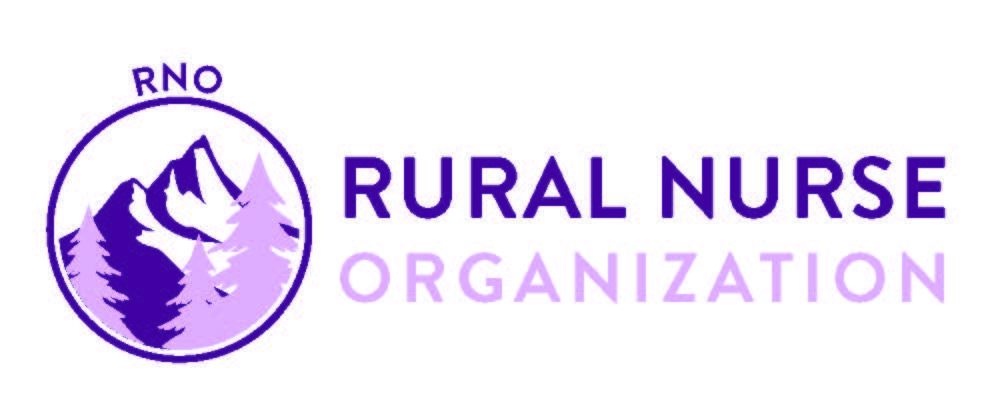A Series on Improving Rural Veteran Care--Bridging the Gap in Connecting Veterans to
VA Care Improves Health Outcomes*
By Shannon S. Layton, DNP, RN, LICSW-S, NEA-BC, CNL, CWCN, CNE
Improving health outcomes for veterans often begins with facilitating crucial care transitions. Many rural nurses care for veterans but may be unaware of the benefits these individuals have earned (U.S. Department of Veterans Affairs, 2024c). While some veterans are linked to benefits, many are not enrolled in Veterans Health Administration (VHA) care. Connecting them to VA (Veterans Affairs) services can reduce care fragmentation, improve outcomes, and offer broader support.
Understanding the VA: VHA, VBA (Veteran Benefits Administration), and NCA (National Cemetery Adinistration). Veterans may avoid VA care due to past negative experiences with VA agencies unrelated to healthcare. The VA consists of three distinct administrations:
- VHA provides clinical care through medical centers, clinics, telehealth, and rehabilitation (U.S. Department of Veterans Affairs, 2024a).
- VBA manages financial, education, disability, pensions, and home loans but does not offer medical services (U.S. Department of Veterans Affairs, 2024d).
- NCA oversees burial and memorial benefits (U.S. Department of Veterans Affairs, 2024b).
Confusion between these branches can deter Veterans from seeking care, especially when they believe a VBA decision affects VHA eligibility. Clarifying these distinctions is essential.
Why VHA Enrollment Matters. VHA offers coordinated, veteran-centered care with a whole health approach addressing physical, mental, and social needs. VA clinicians are trained in service-related conditions like traumatic brain injury, toxic exposure, and post-traumatic stress. Veterans benefit from a national electronic health record and may qualify for low-cost services and medications (National Academies of Sciences, Engineering, and Medicine, 2018). The VA has undergone system wide quality improvement, has an international Quality Scholars program to attract talent, and utilizes covered referral to community providers with the Mission Act.
Barriers and Nursing Solutions. Veterans often decline VA care due to distance, misinformation, or past denial of benefits (Kintzle et al., 2024). Rural nurses can counter these barriers by promoting telehealth, community-based outpatient clinics, and vet centers. If a veteran was denied benefits, clarify that VBA decisions do not affect VHA enrollment. Encourage them to apply independently at https://www.va.gov/health-care/. Also, inform them that state Departments of Veterans Affairs, also distinctly different from the federal VA, offer separate benefits and enrollment assistance.
Practical Tips. Ask every patient, “Have you ever served in the military?” Keep contact info for local VA clinics and state Veteran departments. Use warm handoffs to help Veterans make their first VA call or start an online application during the visit. Follow up to ensure completion. Veterans Service Organizations (VSOs) like the American Legion, DAV (Disabled American Veterans), VFW (Veterans of Foreign Wars), and AMVETS (American Veterans) provide free assistance with paperwork, appeals, and advocacy. Their trained officers can help navigate both VBA claims and VHA enrollment, easing the process and reducing frustration.
The Rural Nurse’s Role. Rural nurses are trusted community connectors. By clarifying VA systems, leveraging VSOs, and offering hands-on support, nurses empower veterans to access comprehensive care and improve long-term health outcomes.
*This is the first in a series focused on Veteran Care Transitions.
References
Kintzle, S., Alday, E., Sutherland, A., & Castro, C. A. (2024). Drivers of veterans' healthcare
choices and experiences with Veterans Affairs and civilian healthcare. Healthcare (Basel,
Switzerland), 12(18), 1852. https://doi.org/10.3390/healthcare12181852
National Academies of Sciences, Engineering, and Medicine. (2018). Evaluation of the
Department of Veterans Affairs mental health services. Washington, DC: The National
Academies Press.
U.S. Department of Veterans Affairs. (2024a). About VBA. Veterans Health Administration.
https://www.va.gov/health/
U.S. Department of Veterans Affairs. (2024b). National Cemetery Administration. Veterans
Health Administration. https://www.cem.va.gov/
U.S. Department of Veterans Affairs. (2024c). Rural health initiatives. Office of Rural Health.
https://www.ruralhealth.va.gov/
U.S. Department of Veterans Affairs. (2024d). Veterans Benefits Administration overview.
Veterans Benefits Administration https://www.benefits.va.gov/benefits/about.asp
